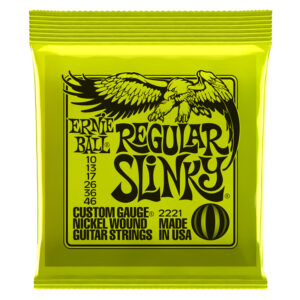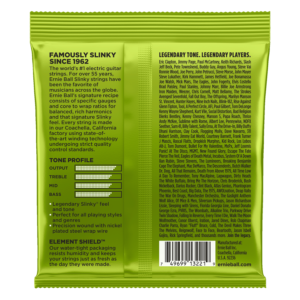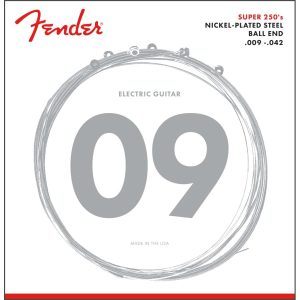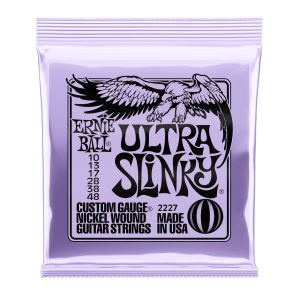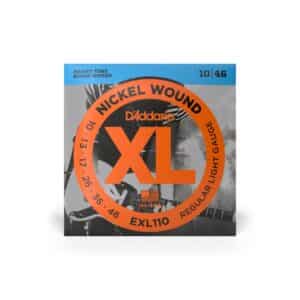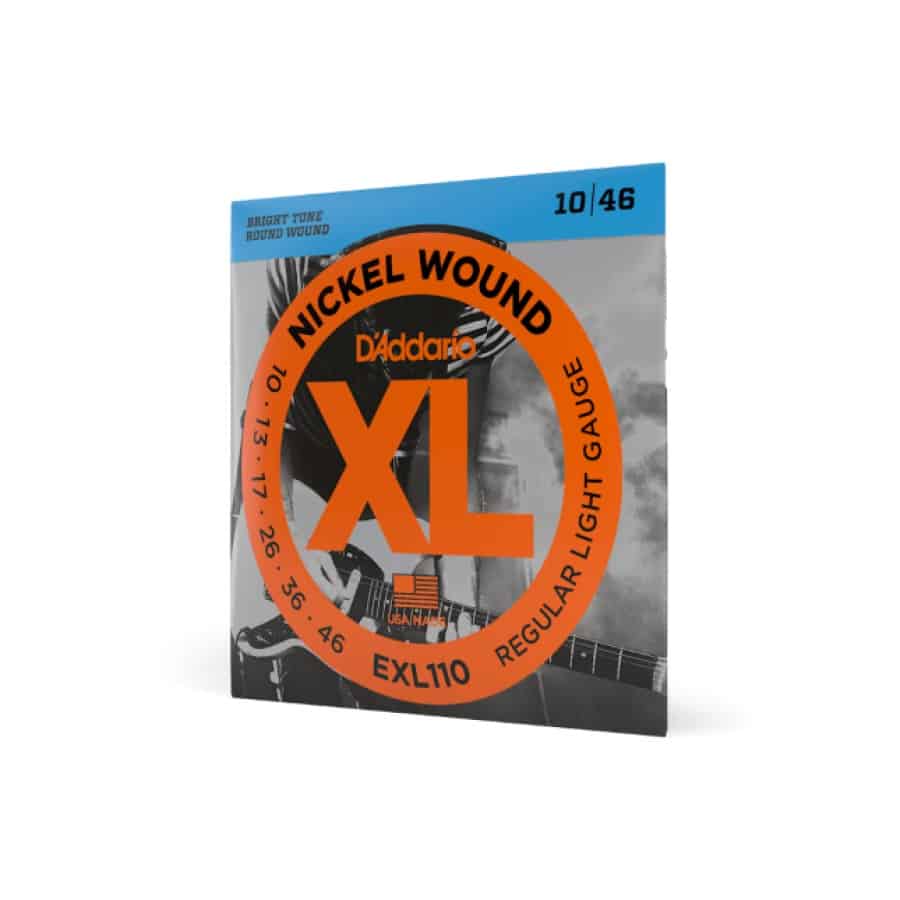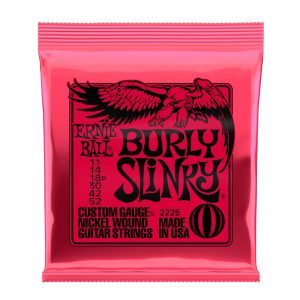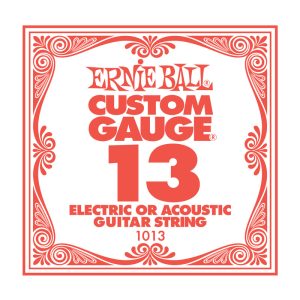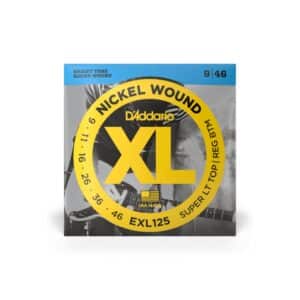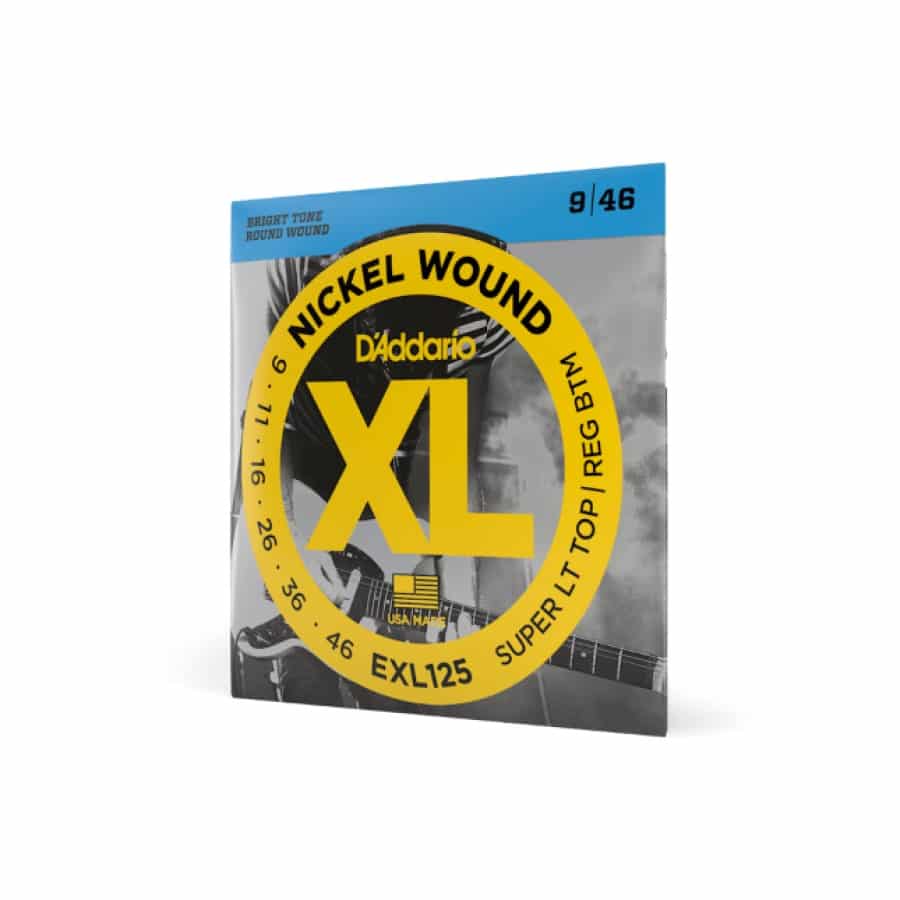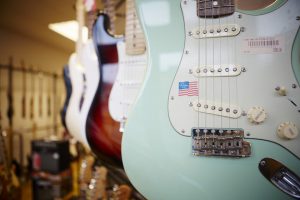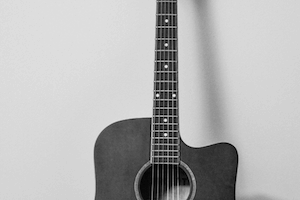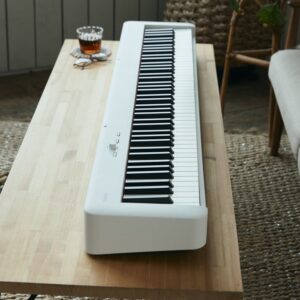
- NEW IN!
- PIANOS
-
-
- Brands
- Bentley
- C. BechsteinC. Bechstein is a name that is synonymous with exquisite acoustic, grand and upright pianos, manufactured with extreme attention to detail in Germany to produce some of the worlds finest sounding musical instruments. At Mickleburgh, we’re very proud to stock the full range of these magnificent instruments. You can find C. Bechstein Concert, C. Bechstein Academy, W. Hoffman and Zimmerman in our showroom and available to buy online. To find out more about the range or book an appointment in the Bechstein showroom head over to our Bechstein pianos page.
- CasioFor over 60 years Casio have been producing quality electronic musical instruments for beginners, intermediate and professional piano and keyboard players.
- Chappell
- KawaiHigh quality grand, acoustic, upright and digital pianos at Mickleburgh.
- Kemble
- Knight
- NovationNovation music production equipment at Mickleburgh. For the digital music creators. Novation’s Launchkey series are fully integrated with Ableton live so it is as easy as plug and play. Midi keys and pads are fully re-assignable for use with any software. Included with the keyboards is Ableton Live Lite, 2 Novation V-synth VSTs and a 4GB Loopmasters sample pack to get creating right away. 4 different models for home studio users or mobile music creators. Check out our other musical tech and audio equipment.
- Steinway
- W. HoffmannNew and used W. Hoffman upright and grand pianos for sale at Mickleburgh. These incredible pianos are manufactured exclusively by Bechstein Europe. Buy online or come in-store to try one today!
- YamahaYamaha instruments come with a reputation of dependability and reliability alongside incredible performance, making them great value for money. As an officially approved UK Yamaha music dealer you will find a selection of instruments from this iconic brand, both in-store and online. Discover the complete range of musical instruments, accessories and equipment manufactured by the iconic brand, Yamaha at Mickleburgh. From digital, grand and upright pianos to keyboards, orchestral instruments as well as accessories. We have loads of Yamaha products across the website to explore. About The Brand The Yamaha Corporation began life as a piano and reed organ manufacturer in 1887 and still today creates some of the finest upright, concert and grand pianos on the market, alongside a range of other instruments, equipment and accessories, which we are proud to stock across the website and in-store. All the Yamaha music products you see on our website are available to test in-store before you buy – we promise you won’t be let down!
- Zender
- Zimmermann
- Brands
-
- GUITARSExplore electric, acoustic & semi-acoustic guitars and bass guitars. As well as instruments, we also stock a huge range of guitar parts, equipment and accessories to buy online and in-store, including strings, picks and pedals and much more! Whether you’re looking for a brand new instrument or just something to get your guitar sounding amazing (or both) you’re in just the right place… Everything you see on the website and in-store comes with a 1-year warranty and all guitar overs over £100 will be delivered, set up and tuned for you completely free of charge.
-
-
- Accessories
- Bags & Cases
- Guitar Strings
- Guitar Cables
- Capos
- Effects Pedals
- Parts & Maintenance
- Picks
- Slides
- Stands, Hangers & Footstools
- Straps
- TunersGuitar Tuners come in a number of variations, for both electric and acoustic guitars. We stock a few different types of tuners for different requirements. Whether you are a beginner, just need the occasional tune-up, or a professional or gigging musician, needing a portable tuner you can use between songs we’ll have the perfect tuner to get your guitar sounding 10/10 every time. Guitar tuners are an essential piece of equipment, no matter what your playing style and level of experience. Even for beginners, it is important to have your instrument in tune and at the desired pitch in order to practise playing effectively and improve your technique. We stock guitar tuners from a number of brands, including Korg, Boss, Fender, Tanglewood and TGI.
- Accessories
-
- Brands
- AdmiraAdmira is a well manufactured and good value for money brand. A great first guitar for classical learners.
- Cort
- Electro-Harmonix
- FaithFounded in 2002, Faith Guitars are the passion of a small team of seasoned guitar experts based in Shropshire, England and led by world-renowned British luthier, Patrick James Eggle: “Whether it’s one of my own UK-built PJE guitars or one of my Faith designs, my goal is the same: the creation of an instrument that is both highly desirable and highly functional. A piece that would be as visually effective when silent as it would be sonically when in the hands of a skilled musician.”
- FenderInventor of the solid body electric guitar, Fender continue to be the world’s foremost guitar, bass and amp manufacturer today. Leo Fender’s inventions transformed the world of popular music, influencing the sounds of Rock ‘N’ Roll, Blues and Country music and more today. With a range of instruments suitable for beginners and hobbyists to professional musicians, you can guarantee to get a good value for money when buying a Fender. The original models created in the early years such as the Telecaster, Stratocaster, Jazz and Precision Basses are still produced alongside other models. There is now a huge range of specs and alternative configurations now available ensuring you get the sound you want! For those on a budget and just starting out Squier guitars offer familiar ‘Fender influenced’ models to get you playing. Mickleburgh sets up each Fender that we sell to ensure great playability, at no extra cost. Ask our friendly and knowledgable team any questions you have about Fender Guitars or Amps by calling 0117 9241151.
- Ibanez
- Kremona
- LagUnique French-made guitars, Lag are recognisable by their iconic oval rosettes and headstocks. Lag’s workshop luthiers achieve a consistent and high quality, having been trained under the experienced French luthier Maurice Dupont. We highly recommend a visit to our Bristol shop to hear the quality of sound and to see Lag’s unique designs. Whether buying in store or online, all the guitars we sell are set-up and checked over by our experienced team, giving you peace of mind that you will get to enjoy playing your instrument as soon as possible.
- Martin & Co.One of the leading brands of acoustic guitars, Martin Guitars come with a strong heritage and reputation with an over 100 years worth of innovation carefully crafted into every guitar they produce. Acoustic guitars from Martin offer quality, value for money and above an incredible and versatile instrument, every musician will love. Cited by many as the pioneer of the modern guitar, Martin are responsible for many of the common design features you will find on an acoustic guitar today. Some of Martins most significant innovations include the Dreadnought body style and scalloped bracing, as well as the 14th fret neck joint and the X Frame bracing pattern which you will find on many typical modern acoustic guitar models. Martin guitars have a long history of producing quality guitars which is why we’ve chosen to stock these at the top of our Acoustic Guitar range here at Mickleburgh’s. Martin & Co has been committed to updating product designs and manufacturing methods since 1833, in order to produce the finest instruments possible. We’ve chosen to stock the Mexican range from Martin that feature: Great projection and tone quality Classic looks and sound at an affordable price Sustainably sourced solid wood tops Environmentally friendly High-pressure laminated wood used for the…
- Maton
- Mojo CablesExtraordinarily high quality instrument cables, handmade in the UK. Every single cable is meticulously built and tested to ensure it can withstand the high demands of a modern musician.
- Musicman
- MXRBringing you Dunlop’s MXR pedals – create a range of iconic sounds with this renowned brand of guitar effects. Rugged pedals that are simple to use. Shop Now for MXR’s iconic pedals such as the Phase 90, Dyna Comp, and the Carbon Copy.
- OrangeOrange was founded back in 1968 with a belief that no other company could have cared more about innovation in guitar valve amplifier design and sound technology. Their latest amplifier designs still reflects this to this day. Orange presents an amplifier line-up set to satisfy gigging guitar players of all genres!
- Rickenbacker
- Sigma
- SquierMickleburgh stock a range of Squier electric and bass guitars which are essentially Fender instruments at a more affordable price. From good value, all-in-one affinity packs and bullet models for beginning students to their better quality Classic Vibe and Vintage Modified series with more advanced pick-ups and features, we’ve got an electric guitar at every price point to suit your needs! All Squier instruments come with a 1-year warranty, free set-up, and free delivery on orders £100.
- Tanglewood
- Valencia
- Brands
-
- PERCUSSION
-
-
- Brands
- CarlsbroCarlsbro is a UK-based supplier of musical instrument amplification and speaker systems that was founded by Stuart and Sheila Mercer in Nottingham, England in 1959. Their equipment has been used by artists such as The Beatles, Mick Jagger, Oasis, The Bubblecars and Vašek Martínek.
- Chalklin
- Evans
- Meinl PercussionA leading manufacturer of percussion instruments, Meinl manufacture a vast range of high-quality instruments such as cymbals, cajons, drums, djembe, maracas, tambourine, shakers and many more percussion instruments and accessories. The materials used are of extremely high quality and that is definitely heard and felt when played by either the amateur or professional musicians. Meinl pride themselves on being Eco-friendly to the planet by using wood from environmentally controlled wood plantations in Thailand and Indonesia and the have full compliance with the Timber Legality Assurance System (SVKL). NINO® – Meinl Nino are quality instruments are specifically designed for children with an emphasis on early years education and percussion for the classroom – also perfectly suited for Music Therapy and for musical activities inside the home.
- Meinl Sonic EnergyBE INSPIRED by our assortment of beautiful, carefully crafted instruments from the Meinl’s Sonic Energy range. They are used in therapy by many practitioners to help with stress management, anxiety relief, insomnia, depression, addictive recovery and pain management. Find a journey toward peace and restoration through listening carefully to the vibrations, often encountered on a daily basis, and when listened to closely seem to have a language all of their own. They invite us to appreciate what we find harmonious in our life and make self-discovery through sound. The Sonic Energy collection supports our connection to experience the body, mind and energy, as one.
- Nino Percussion
- Pearl
- Promark
- Remo
- Sabian
- Shaw
- Vater
- Vic Firth
- Wincent
- Brands
-
- BRASS
-
-
- Brands
- Bach
- Denis Wick
- Elkhart
- YamahaYamaha instruments come with a reputation of dependability and reliability alongside incredible performance, making them great value for money. As an officially approved UK Yamaha music dealer you will find a selection of instruments from this iconic brand, both in-store and online. Discover the complete range of musical instruments, accessories and equipment manufactured by the iconic brand, Yamaha at Mickleburgh. From digital, grand and upright pianos to keyboards, orchestral instruments as well as accessories. We have loads of Yamaha products across the website to explore. About The Brand The Yamaha Corporation began life as a piano and reed organ manufacturer in 1887 and still today creates some of the finest upright, concert and grand pianos on the market, alongside a range of other instruments, equipment and accessories, which we are proud to stock across the website and in-store. All the Yamaha music products you see on our website are available to test in-store before you buy – we promise you won’t be let down!
- Brands
-
- WOODWIND
-
-
- Brands
- Aulos
- Conn-Selmer
- Elkhart
- Hohner
- Lee Oskar
- Trevor James
- YamahaYamaha instruments come with a reputation of dependability and reliability alongside incredible performance, making them great value for money. As an officially approved UK Yamaha music dealer you will find a selection of instruments from this iconic brand, both in-store and online. Discover the complete range of musical instruments, accessories and equipment manufactured by the iconic brand, Yamaha at Mickleburgh. From digital, grand and upright pianos to keyboards, orchestral instruments as well as accessories. We have loads of Yamaha products across the website to explore. About The Brand The Yamaha Corporation began life as a piano and reed organ manufacturer in 1887 and still today creates some of the finest upright, concert and grand pianos on the market, alongside a range of other instruments, equipment and accessories, which we are proud to stock across the website and in-store. All the Yamaha music products you see on our website are available to test in-store before you buy – we promise you won’t be let down!
- Brands
-
- STRINGS
-
- TECHBrowse and shop our range of music tech, audio equipment and accessories, including PA equipment, recording equipment and amplification accessories.
-
-
- Brands
- Adam AudioAdam Audio has been developing high precision studio monitors since 1999. Adam Audio monitors have earned a worldwide reputation as the preeminent tool for sound engineers.
- FocusriteAudio equipment from Focusrite at Mickleburgh
- Mojo CablesExtraordinarily high quality instrument cables, handmade in the UK. Every single cable is meticulously built and tested to ensure it can withstand the high demands of a modern musician.
- NovationNovation music production equipment at Mickleburgh. For the digital music creators. Novation’s Launchkey series are fully integrated with Ableton live so it is as easy as plug and play. Midi keys and pads are fully re-assignable for use with any software. Included with the keyboards is Ableton Live Lite, 2 Novation V-synth VSTs and a 4GB Loopmasters sample pack to get creating right away. 4 different models for home studio users or mobile music creators. Check out our other musical tech and audio equipment.
- Shure
- Brands
-
- SHEET MUSICWe stock a huge range of sheet music across the site. With hundreds of titles including tutor books, songbooks, and music exam materials, our selection of sheet music caters for musicians of all ages and abilities, covering a range of instruments and genres of music. If you can’t find what you need and for enquiries call our music department on 0117 9241151 who will be happy to help.
-
-
- Sheet Music Type
- Exam Music
- Manuscript PaperManuscript paper enables students and professionals to write down music easily as the paper has staves on. Various options are available including pads, spiral bound, stitched books or tear-off sheets in all different sizes (A6, A5, A4 and A3).
- Music Theory
- Repertoire
- Tutor Books
- Sheet Music Type
-
-
- ACCESSORIESWe stock a wide range of music accessories. We have everything you need from guitar picks, guitar strings, drumsticks, cleaning products for your instrument and even gifts for music lovers. Whatever accessory you’re after, you will find it here!
-
- SERVICES
- SALE
